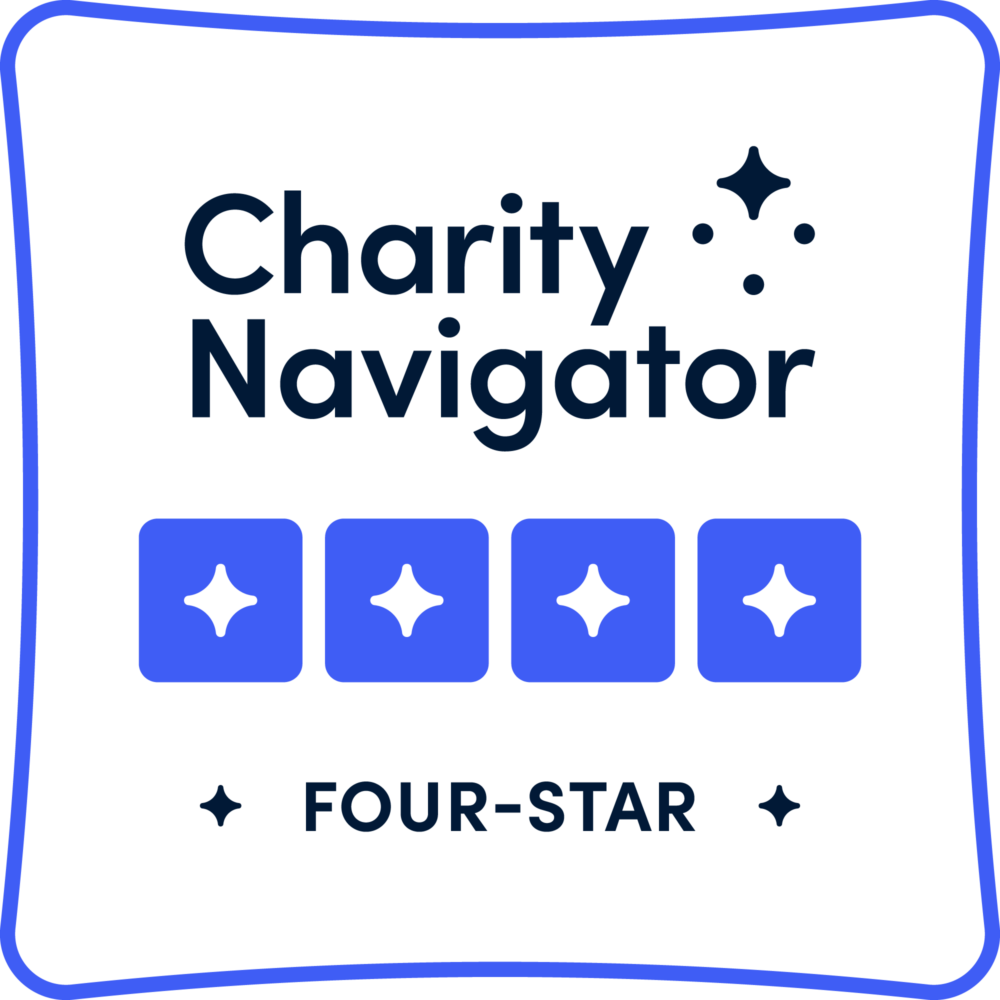Mount Sinai Partner Spotlight
June 20, 2016 — LSA was featured as a “partner Spotlight” in the Mount Sinai Performing Provider System’s newsletter. As stated on their website, the Mount Sinai Performing Provider System (MSPPS) “is responsible for developing an organization infrastructure sustainable to support the planning and implementation of ten clinical projects, each tied to the goal of reducing avoidable hospitalizations. … By leveraging DSRIP, this network of providers is organizing into an advanced primary care model that creates patient-centered medical homes throughout regional hubs in our communities, while simultaneously preserving current patient relationships with providers.”
Issue #65: MSPPS Vision; CBO Spotlight: LSA Family Health Service | Monday, June 20, 2016
Partner Spotlight: Little Sisters of the Assumption Family Health Service
LSA Family Health Service (LSA) has a 58-year history in East Harlem, and those who have interacted with the community-based organization are still touched and affected today by the generosity and compassion it shows to the community. Traci Lester, LSA’s CEO, shared that whether waiting for a subway or attending a conference, she often runs into past employees and clients of the agency who share how impactful the organization has been on their lives. LSA continues to play a significant role in the East Harlem community and beyond. In fact about 2,300 families were served by LSA in the last year alone.
LSA’s programs focus on low-income families, especially those with young children. Today, the organization has grown significantly since it was first established in 1958, and offers a range of diverse programs. These include an advocacy and food pantry program, environmental health services, education and youth services, preventive services, parenting and child development workshops and early intervention supports, and nursing. There is also a thrift store – the Sharing Place — which provides clothing and household items to those in need.
LSA is excited to engage in DSRIP. According to Lester, “LSA is ramping up to be an active participant in DSRIP. We are going through our own internal review and strategy planning to get our programs up to speed on DSRIP, so when this goes live we are ready.” LSA wants others to be aware that they are “in it to win it” and are prepared to be successful with this endeavor.
Participation in 2.b.viii
LSA participates in Project 2.b.viii, Hospital Home Care Collaboration Solutions, with their Certified Home Health Agency (CHHA), which focuses on pre-natal, post-partum, newborn, and pediatric assessments. The agency is integral to the East Harlem Community, providing nursing for 100 patients at a time, about 2,500 home visits per year. The CHHA is operated primarily through a referral process and physicians from Mount Sinai have utilized LSA’s services by referring their patients. Patients are also eligible through fax and phone-in referrals as well as walk-ins.
Shevon Skinner, Director of Patient Services, has identified some gaps within the referral process that she’s hoping DSRIP will help alleviate. One major issue deals with the delayed communication between the primary physician and inpatient medical team surrounding the hospitalization and discharge plans of the patient. For example, often times the inpatient physician refers the patient to home care service, while the primary care physician is unaware. This can create potential challenges when the nurse needs to provide updates to the provider regarding the patient’s status.
At the moment, LSA has created a temporary fix to the problem. During the first visit, the nurse provides the patient with a brief notification letter to be given to the doctor on the patient’s first follow-up appointment following hospital discharge. This notification letter allows the physician to be informed of the referral to LSA’s home care and of services being provided by the nurses. It also allows the community provider to alert the nurses of any changes in care needed or any updates to treatment orders. According to Skinner, “[This method] does present its own challenges as it depends on the patient remembering to take the notification letter to the outpatient doctor.” However in most cases she has found it to be a helpful addition to the process.”
LSA’s Involvement with DSRIP
Employees of LSA are hopeful that DSRIP will allow them to transform and provide the community based organizations with great opportunities for which they would otherwise not be eligible. Russell Nobles, Chief of Program Operations, said of DSRIP, “LSA’s DSRIP Connection with Mount Sinai is extremely important to us as a CBO. Several of our programs are directly funded by Medicaid. We consider the restructuring of Medicaid and the delivery of services to be of paramount importance, from our economic stability to the way we function and organize ourselves. We want to be as much of a part of this process as we can possibly be.”
LSA is also hoping to gain better connectivity among other CBOs with DSRIP. Being located in East Harlem allows LSA the opportunity to integrate with other CBOs in close proximity. Lester said of this integration, “We each have our own special area we focus on, and together it makes for a great collaboration among the agencies. It is really important to collaborate and to keep our fingers on the pulse of these changes as they’re occurring.”
LSA Family Health Service Inc. actively participates in projects 2bviii and 2ci.
